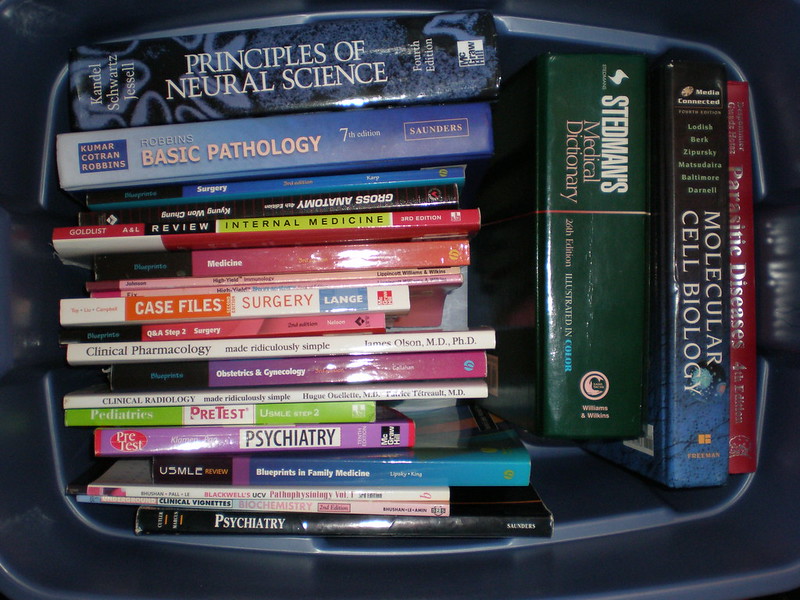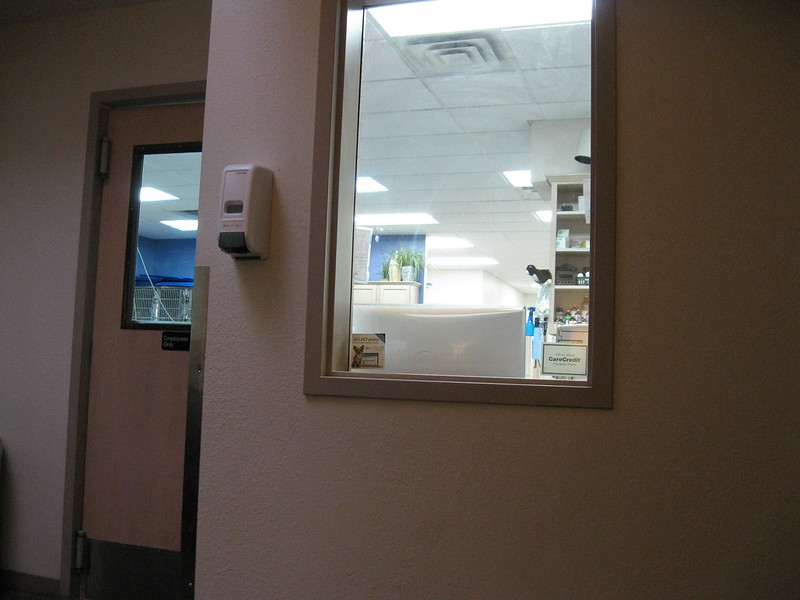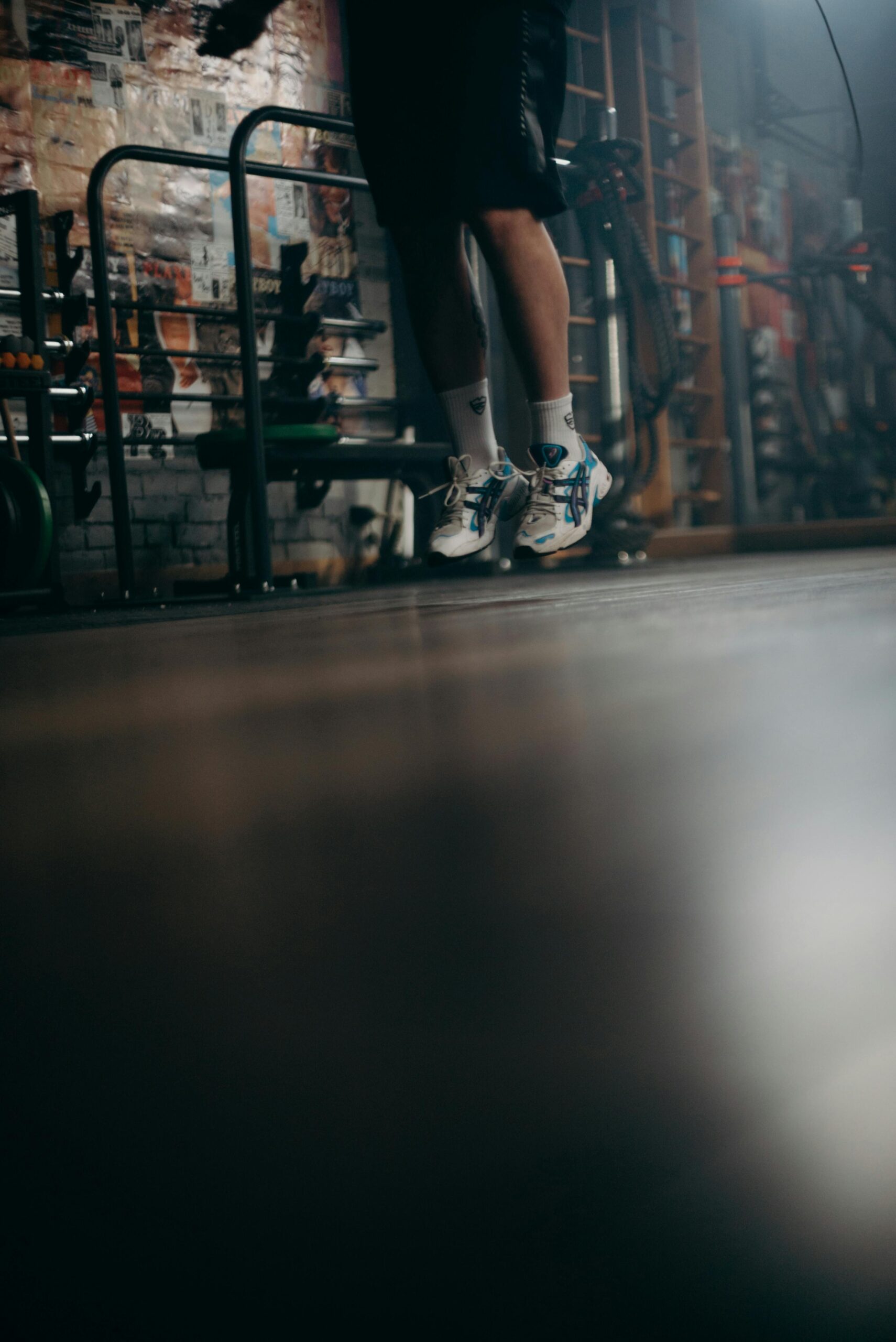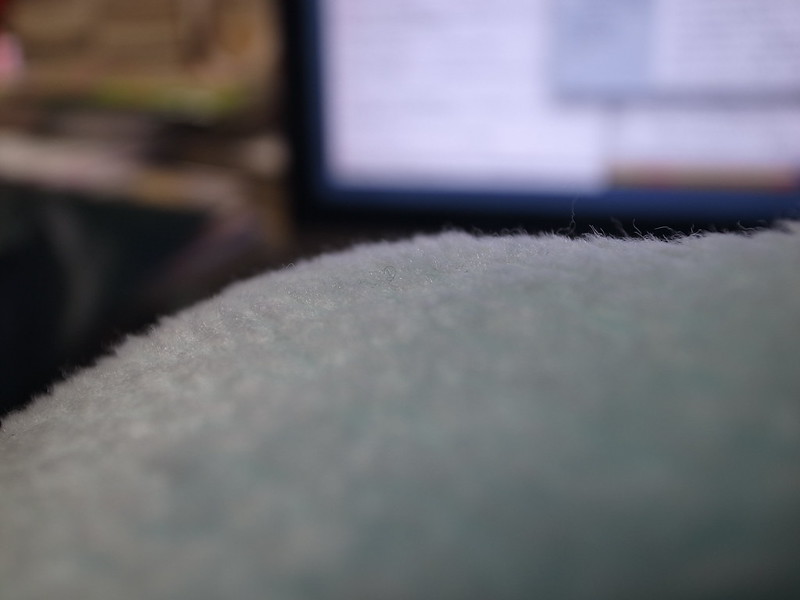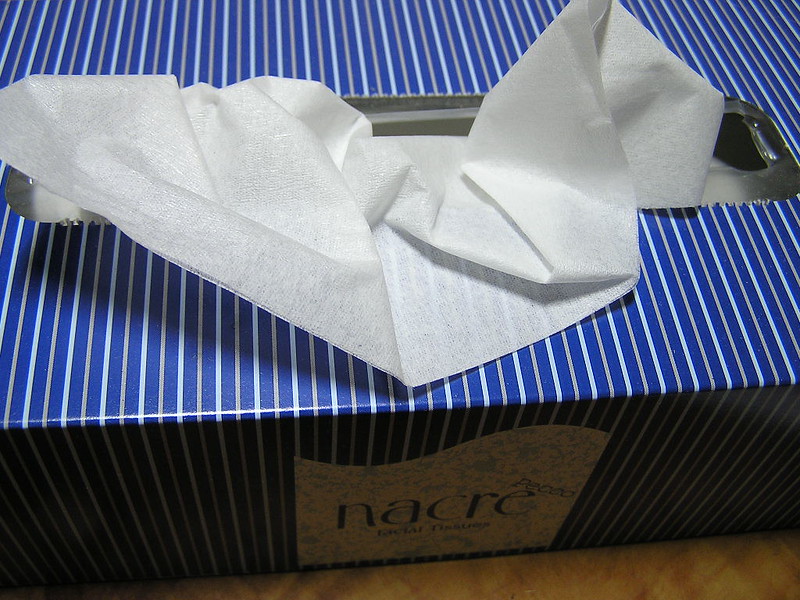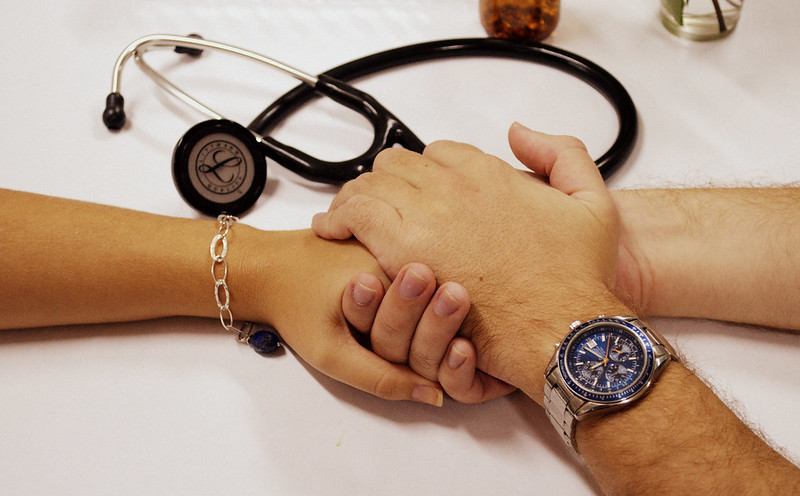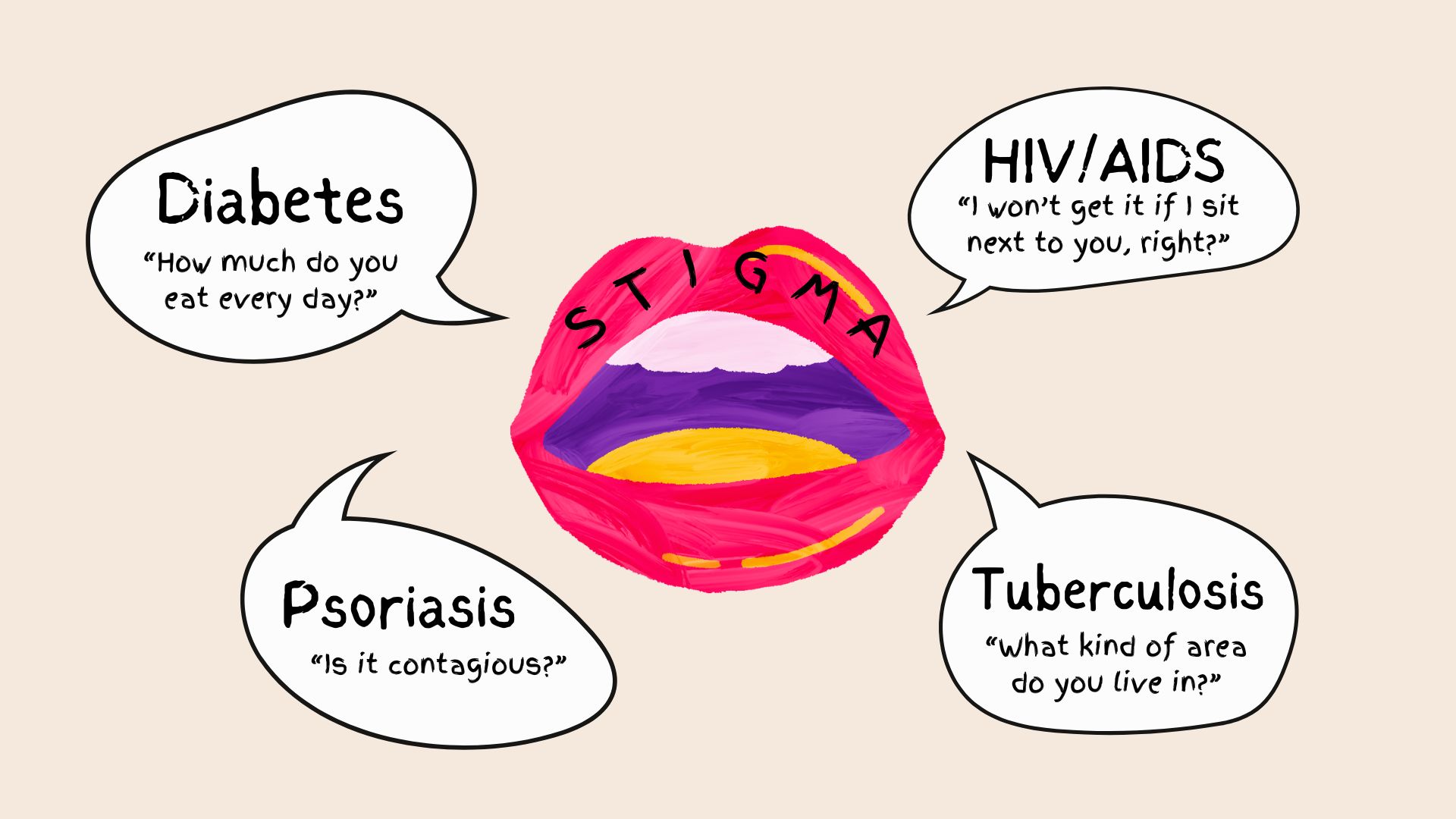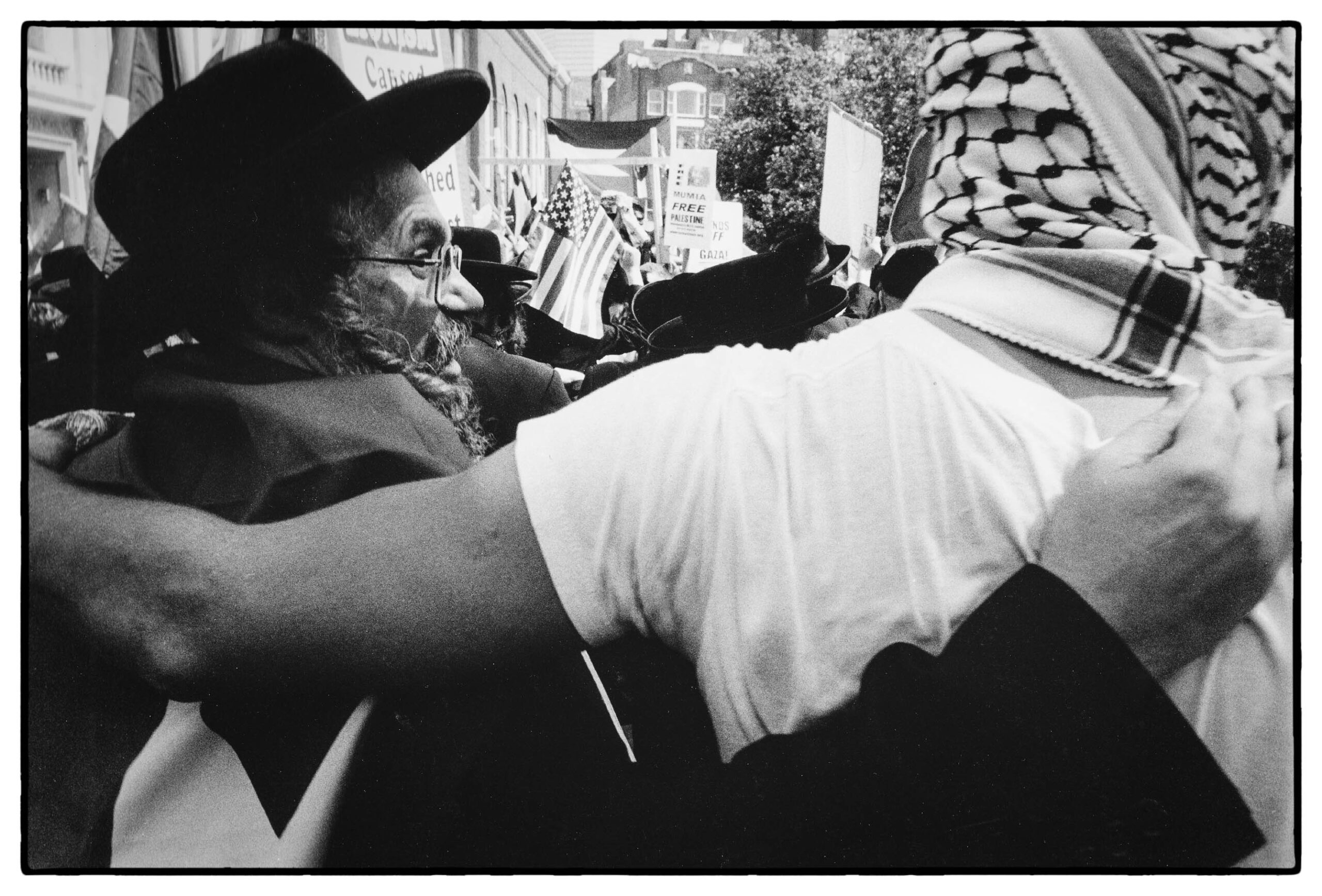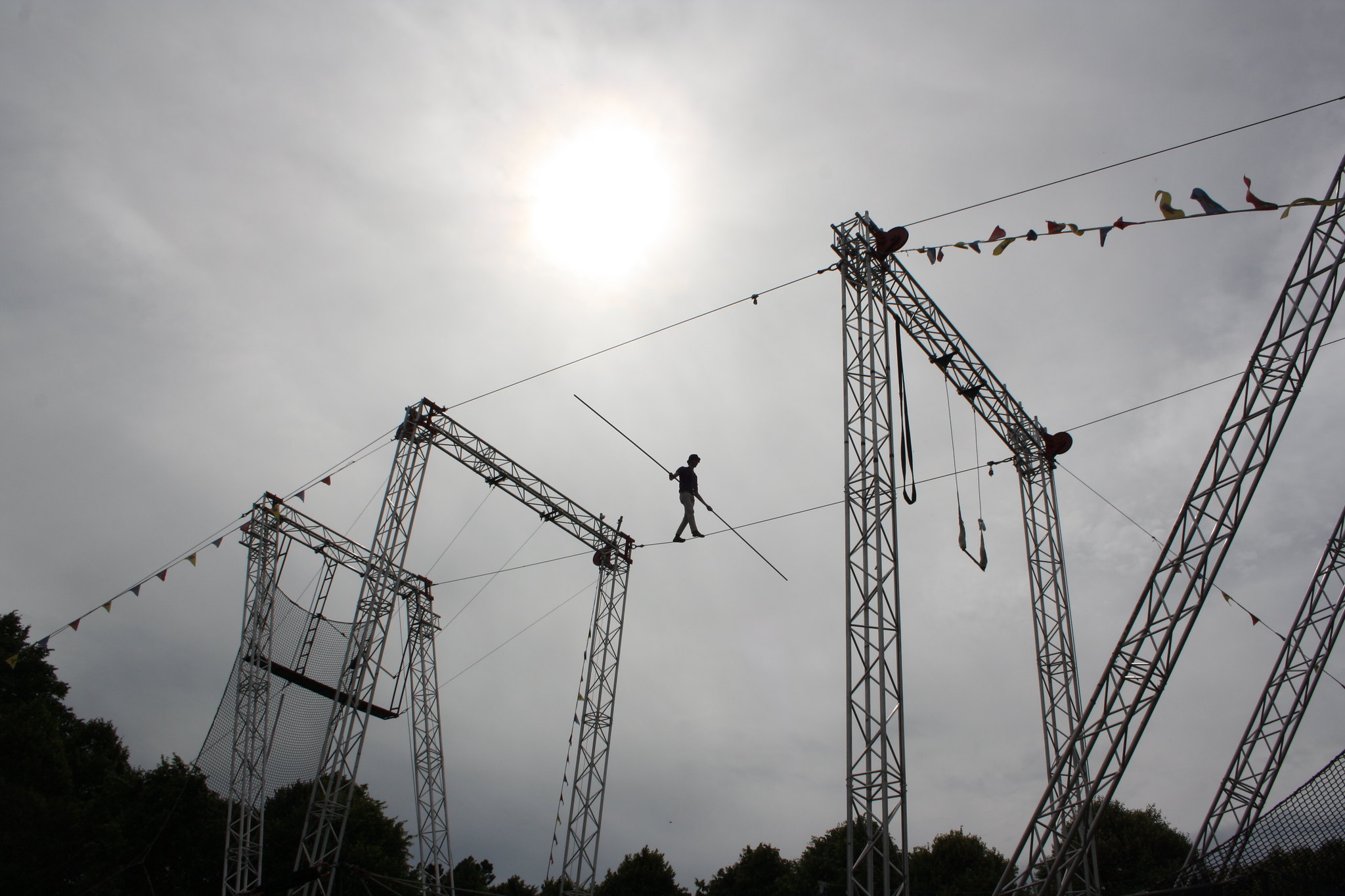The Shadow
My understanding of the reality of pursuing a career as a physician was shattered when I started my third year of medical school. When I entered the double doors of the hospital, I was no longer the main character of my day. Instead, my attending’s patients became the highest priority and feedback transitioned to how I could improve to better serve them.


